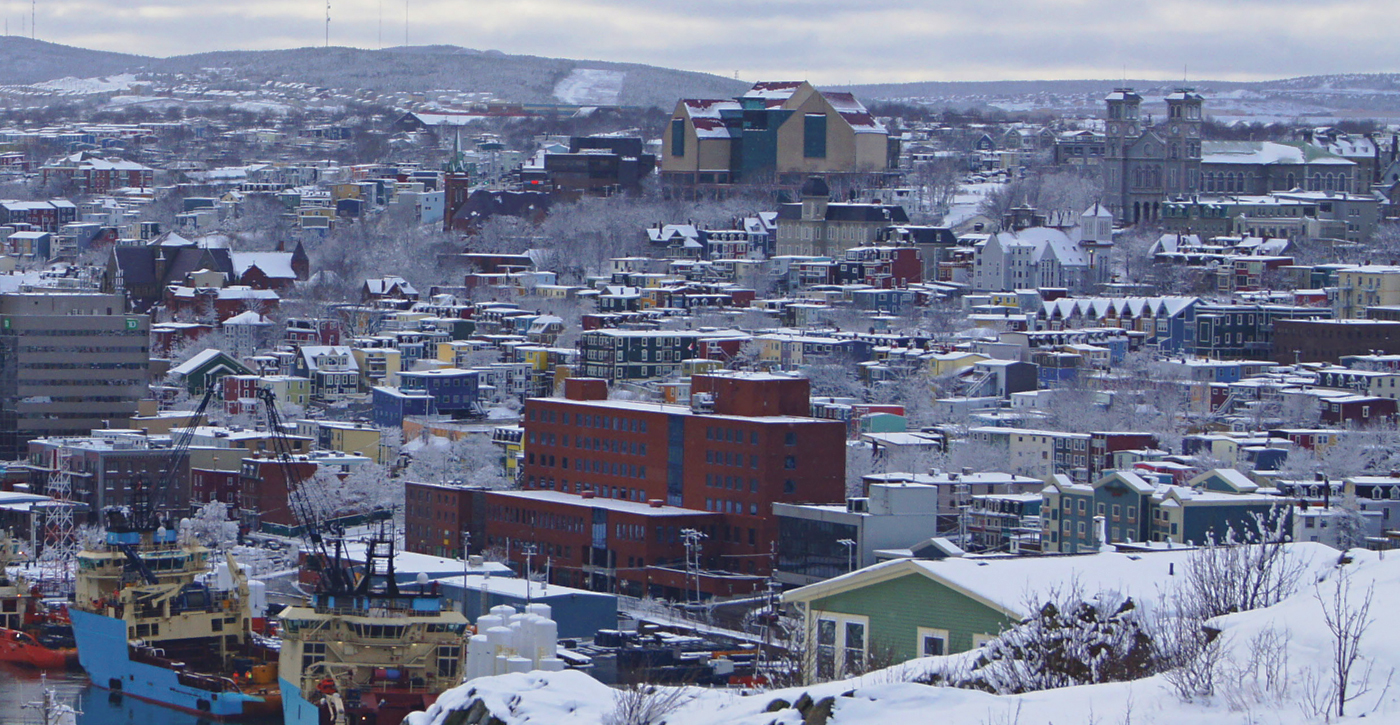My first two years at college in the early 1970s were more like Apollo 13 than Apollo 11: I realized that I had to abandon the mission half way through. Getting the personal maturity I needed to succeed in life required a midcourse correction and much self-examination. My best friend and I decided to take a lengthy road trip with the simple goals of experiencing the natural beauty of the United States and expectantly waiting for what lessons an experience like that might teach. While my friend wanted a time of discovery and experience prior to marriage, my goal was to somehow get my life on track.
At the time, the term "road trip" hadn’t yet been equated with the debauchery and frivolity of Animal House. If anything, our trip was to be more of a low octane version of Jack Kerouac’s On the Road. When we set out from Pennsylvania in January 1975 we had no destination, no real plans, and only enough money to carry us for a few weeks. By design, the odyssey was to be self-funding. After loading backpacking gear and some clothes into the truck, we left our parents’ homes and headed to the southeastern portion of the United States. Given the prevailing stereotypes and the regional history, many people warned us against going south, but our winter departure date made it an obvious choice.
Highlights of the first month included building a homemade raft and floating 75 miles of the Suwannee River, and learning how to find work in unfamiliar cities. In our travels, we met a gregarious fellow in a small Mississippi city who invited us into his home. After sleeping outdoors nearly every night, the offer of a roof, a bed, and hospitability was welcome. During the next few days this total stranger and his wife spoiled us with their friendliness and home cooking.
The night before our planned departure, we all settled in to watch the first of a two-part TV movie about FBI infiltration of the Ku Klux Klan in the 1960s. Our host’s subtle comments about KKK rallies he attended and the non sequitur about the fully automatic M-1 rifle under his bed were troubling. Were we deemed kindred spirits solely because we were white? I somehow knew that if our skin had been dark we wouldn’t have been welcomed into his home in the first place. My exposure to the civil rights struggle was dominated by media-supplied images of civil rights leaders, church bombings, and protest marches. To them I added this small but disturbing experience.
The next day our journey took us northwest, into rainy Louisiana. We talked about the previous night and were intent to see the conclusion of that movie. Although we couldn’t afford to stay in a motel, we thought we might be able to afford to watch the remainder of the movie in one. We were aware of how it would appear—two men walking into a cheap motel looking to rent a room for a few hours—but we had learned that concern about how others viewed us was an unaffordable luxury on the road.
A half hour before the movie aired we passed through a sleepy little town where a neon vacancy light beckoned. We walked through the rain from our pickup truck into the darkened lobby of the roadside motel. A dozen or so African Americans were standing around as though waiting for something. Judging by their reaction to two longhaired and bearded white guys walking into the lobby, I suddenly felt that we were the only white people in town. The stereotype-fueled tension was palpable. Out of unfounded fears, many people in our situation might have quickly departed, but we didn’t. This sort of opening doesn’t come along often.
When we asked to rent a room for a few hours to watch TV, the desk clerk grew nervous and the others snickered. Testing us, the clerk asked what we wanted to watch and, throwing caution to the wind, we said we wanted to see a movie about the KKK. It was quiet for a moment until one man laughed at the desk clerk’s unease. This nervous attempt at humor only added to the tension. We were surprised when he said that the people in the lobby were all there to watch the same movie. With some hesitation, he awkwardly invited us to join them. It was a small, but profound, display of courage by the desk clerk. We readily accepted and the tension vanished.
A collection was taken, someone went out for refreshments, and then we all settled in to watch the movie in the motel lobby. I don’t remember much about the movie, but I do remember that some cried softly through the more poignant sections, and some made inappropriate comments that were intended to be humorous. When the movie was over we offered sincere thanks, bid the others farewell and walked through the rain to our truck. An hour up the road we stopped for the night, once again camping at roadside.
Our trip continued for five more months. We snowshoed on the Continental Divide, climbed to the bottom of the Grand Canyon, backpacked throughout the West, and found jobs that were odd in more ways than one. That September I returned to school and found the academic success that had eluded me. My midcourse correction had somehow worked.
The lessons that I learned that night in Louisiana were profound. All of the secondhand media images of civil rights struggles were not as powerful to me as this small, personal episode in which people from different backgrounds reached out to trust each other, willing to be ridiculed, hated, or even hurt to share a small patch of common ground. In a time of growing worldwide xenophobia, don’t underestimate the power of simple acts between seemingly dissimilar individuals. To the desk clerk out there, thank you for your courage.


